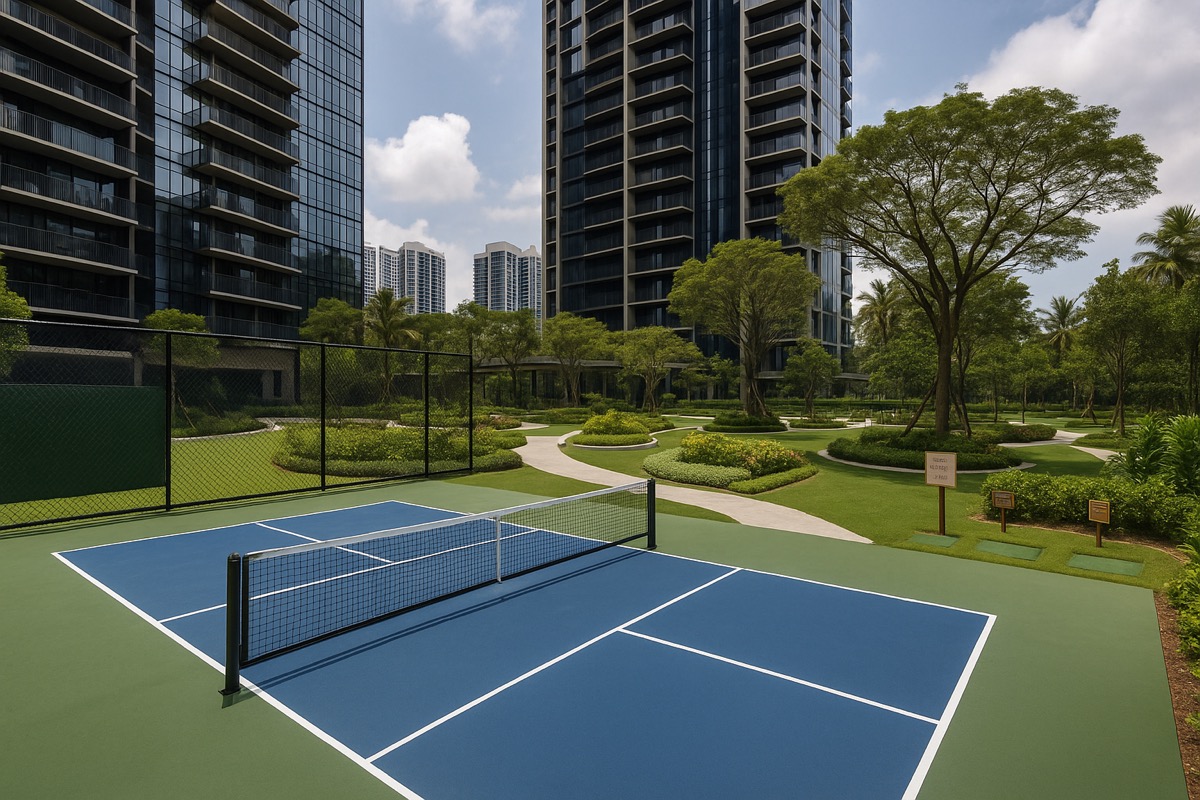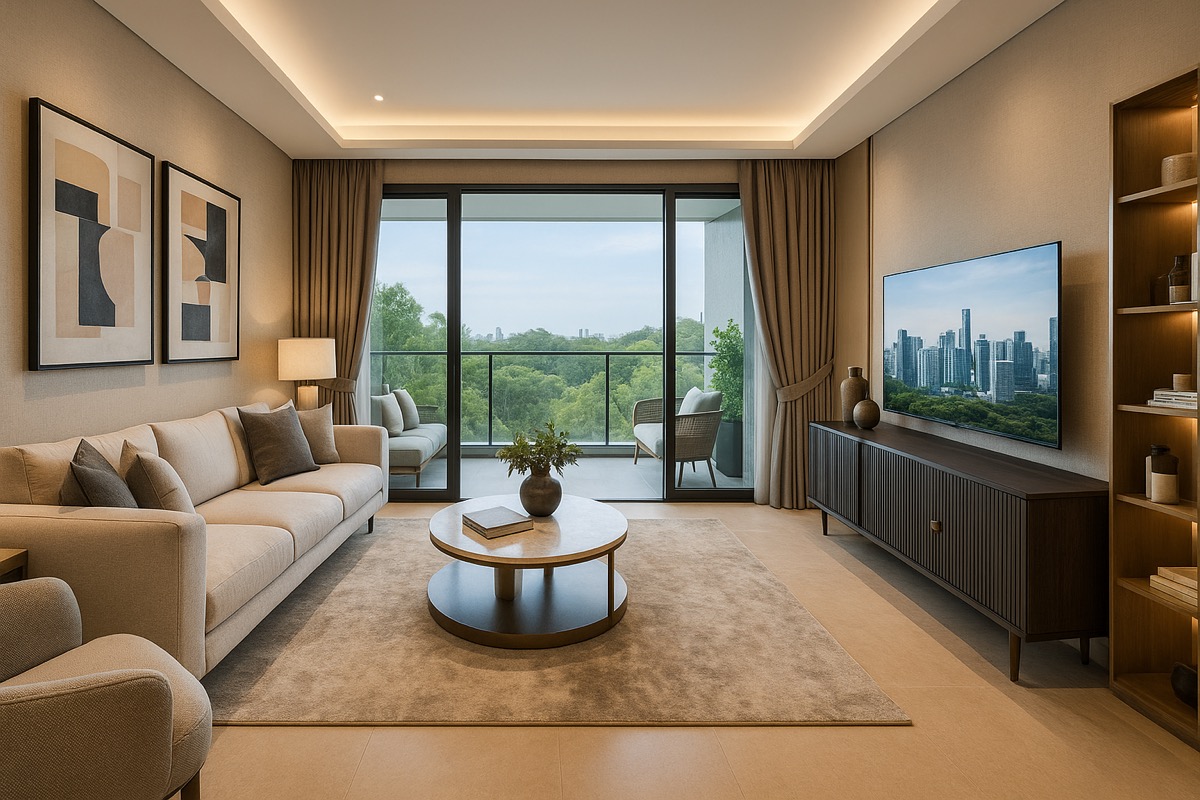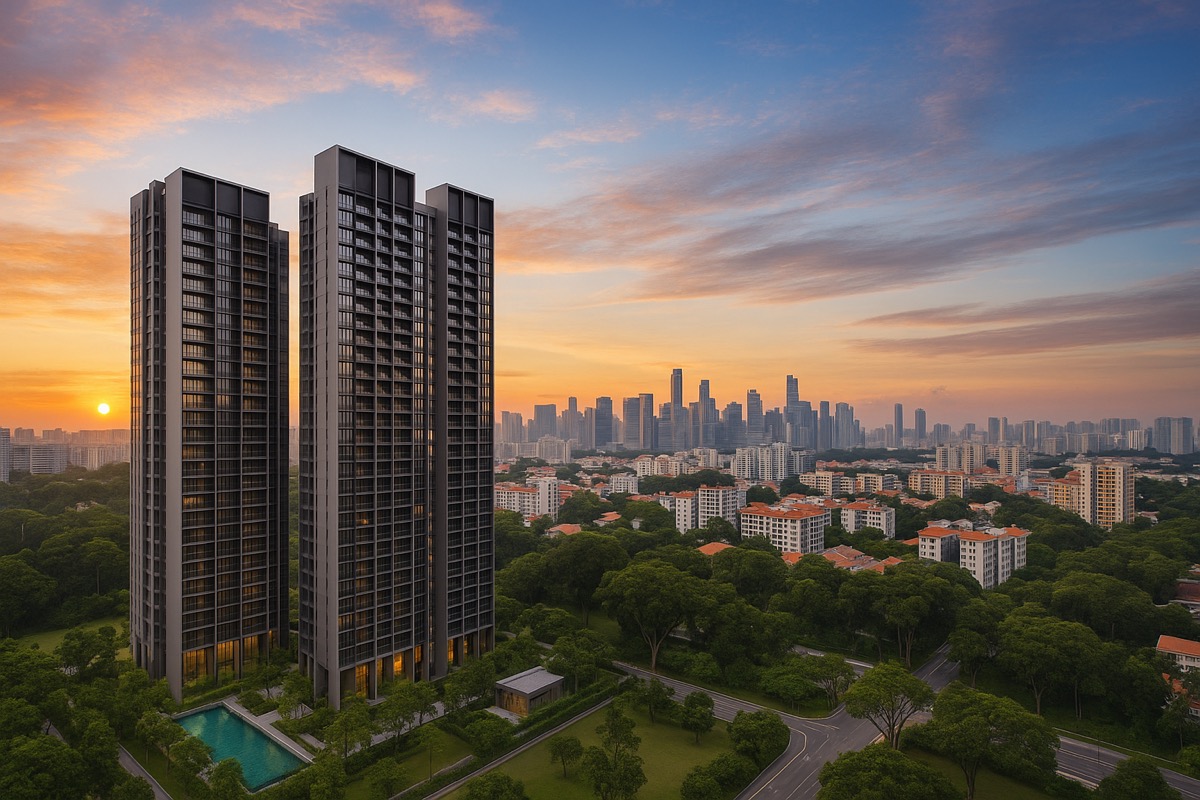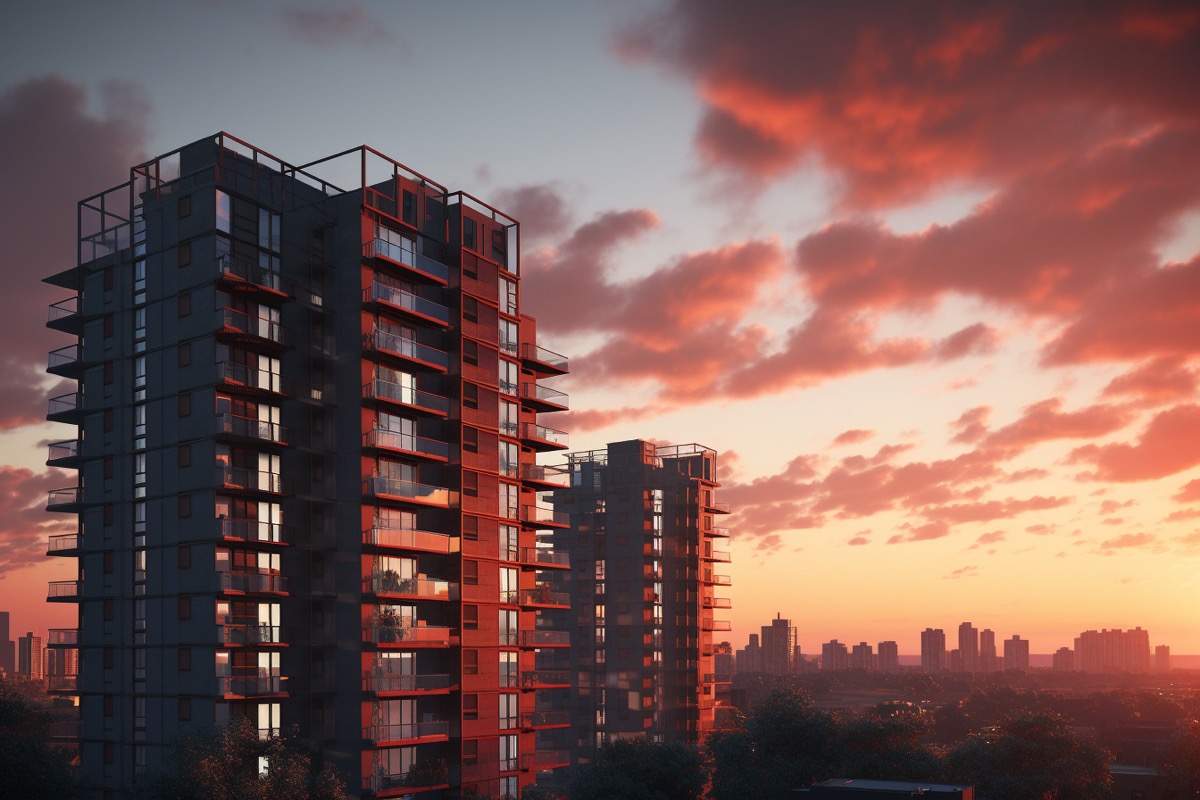UBS Global Real Estate Bubble Index
Ever wonder if we are in a real estate bubble? UBS has a study on the major cities and you can download and read their key findings for 2024.
Here’s what they say about Singapore:
Cooling measures prove effective
In the last five years, rent growth surpassed price growth in Singapore’s private housing market, as rents climbed by 28% while prices increased by 18% in real terms. This phenomenon was partly attributed to an influx of global talent post-pandemic driving up rental demand, whereas new supply was hampered by pandemic-induced construction delays.
Last year saw an inflection point. Rents declined by almost 7% in real terms, while prices crept higher by 3%. Even as the price-to-rent ratio increased, the price-to-income ratio suggests improved affordability as income growth outpaces price increases. Overall, the risk of a housing bubble has increased somewhat over the last four quarters but is only moderate.
Overall, we see Singapore’s residential housing market as being well-supported by robust fundamentals. But macro-prudential cooling measures implemented by the government – most notably the doubling of foreigners’ stamp duties in 2023 – have led to a weakening of demand from foreign buyers. The negative impact has been most pronounced in the luxury market. Foreign purchasers now account for just a low single-digit of total transactions, down from a high of 24% in 2011. Additionally, persistently high interest rates continue to weigh on housing demand, while supply bottlenecks have eased. Consequently, unsold inventory has crept up, and sales volumes have decreased. This indicates a potential moderation in price inflation in the coming quarters.
Overview of major cities
Bubble risk scores for the housing markets of select cities, 2024
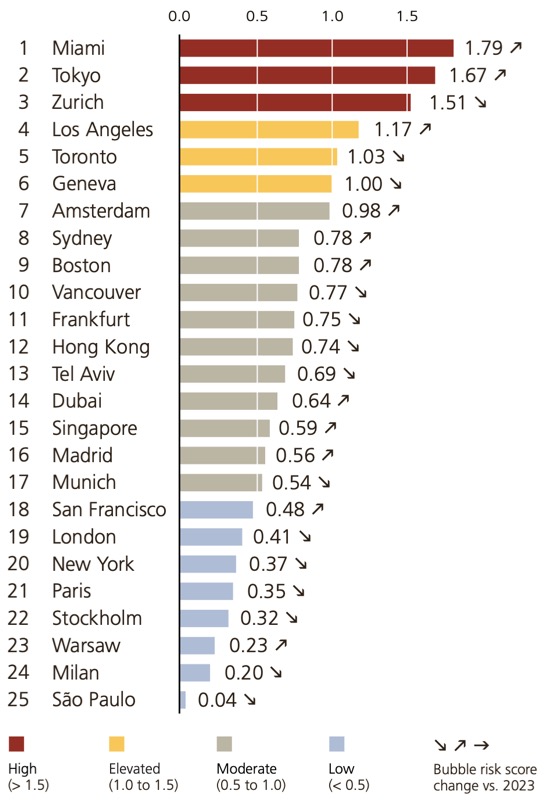
Singapore bubble risk is moderate, with slight rise since 2023.


